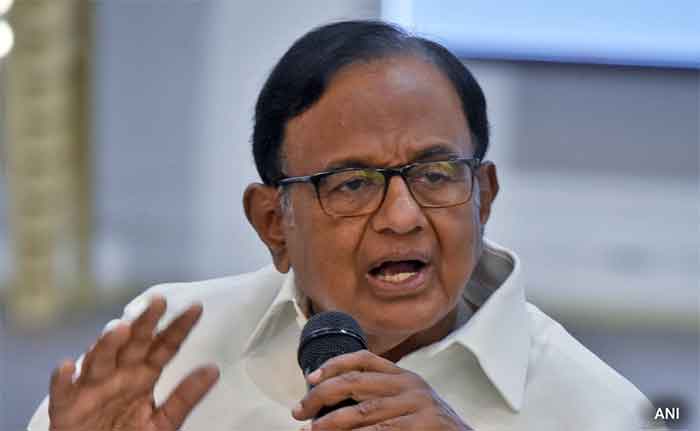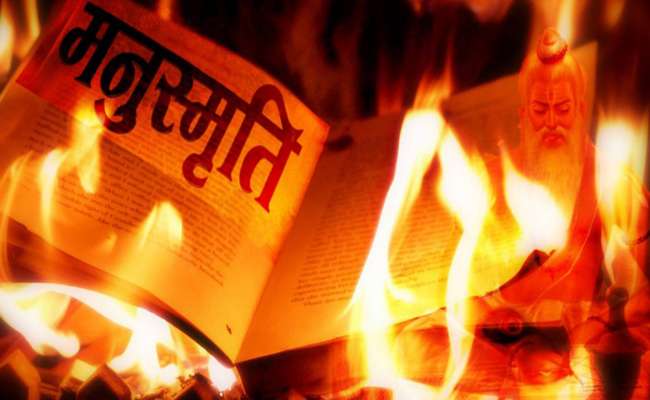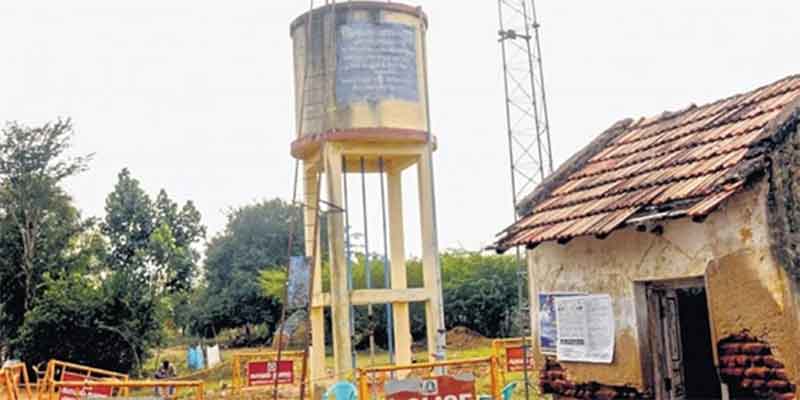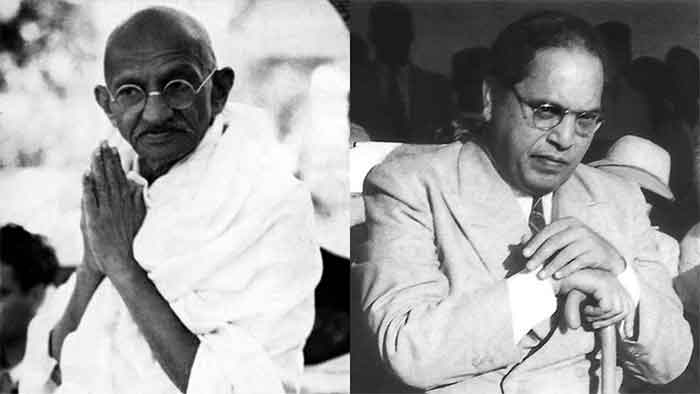
P.Chidambaram is a senior most leader of the Congress party. Besides being a Harvard law graduate, he is a well established political leader in the Congress party. He comes from Tamil Chettiar caste and cultural background. He served as the Finance and Home Minister of India with considerable power and visibility. When the Congress was in power he hardly wrote anything. After the BJP came to power in 2014 he started writing in one of major national dailies very regularly. I keep reading his article to understand the Congress in the present situation.
For the first time he wrote an article “I Cannot Change My Caste” (IE 5/11/23) expressing his opinion about the caste system and how to weaken it, if not annihilate it. The sentence that struck me most in that article is “In the midst of a clamour for reservation, the goal of a casteless society is fading”. What is that goal he puts forth before the nation that he ruled for quite some time as a minister? He never wrote on caste earlier and hence it was difficult to assume the goal that he was talking about.
There were two leaders who set some concrete ideas—perhaps goals—during the freedom struggle for the annihilation of caste. One was from his own state, Periyar Ramasami Naikar, and the other was Dr.B.R.Ambedkar, though was from Maharashtra, he rose to become a national leader and thinker.
In a series of articles that he wrote in the recent past, he did not write a single article summing up Periyar’s lifetime work that had shaken the whole political structure of Tamilnadu, and significantly influenced the policy framework of the Indian political system around caste and race questions. Starting with the fight for the first amendment to the constitution on Communal Award his work changed the social political structure of Tamil land and brought in the idea of Socially and Educationally Backward (OBC) into the constitution. As a lawyer he knows the importance of that amendment.
He never wrote, at least, an article summing up the ideas and goals of Ambedkar, in his long intellectual and political life. He also knows that Ambedkar’s lifetime work was around the annihilation of caste and the abolition of untouchability.
Before the BJP came to power in 2014 and started sporting Ambedkar as one of their icons along with Sardar Vallabai Patel, the Congress party that Chidambaram was part of, in the post-Mandal era, wherein Ambedkar became a massive figure in socio-political life of India never acknowledged his multi-dimensional contribution. Chidamabaram was in a better place than any other intellectual in Congress, who had lived through the Periyar movement and was educated enough to understand Ambedkar and propose a programme for the party.
I remember the Congress party organized a national seminar with a public meeting in Mhow in 2018. I was one of the invitees to the seminar. Though Chidambaram was present, he appeared to be uncomfortable with the event.
The whole effort of Ambedkar and Periyar was not just to get reservations for Dalits/Adivasis and OBCs. Their effort was to transform the socio-political system of India. Chidambaram who was brought up in Tamilnadu and educated in Harvard would have understood this as he lived in a university that produced many black scholars in America. He would have examined the life work of Periyar and Ambedkar from a Congress perspective. As post-Periyar generation intellectual he would have worked to make the Congress caste sensitive party much before Rahul Gandhi arrived on the scene.
Not only he, but the many well known Congress intellectual leaders avoided caste discourse, with a view that such a discourse was treated as anti-secular, if not casteist. Their secularism was quite clearly caste blind. This had huge implications for the heavily loaded upper caste (mainly Dwijas) central secretariat, where out of ninety secretaries only three are OBCs now. Rahul Gandhi is now repeatedly talking about such a casteist secretariat.
Chidambaram, one of the senior ministers in the Government, would have initiated the induction of more OBC/Dalit/Adivasis officers. But they did not. They too suspected the merit worthiness of officers coming from those backgrounds.
Rahul Gandhi, after the Bharat Jodo Yatra, seems to have realized that the issue needs to be addressed squarely. Finally he drew the reluctant Congress party to take a stand on the caste census, which has implications for Indian electoral politics not just reservations.
Obviously Chidambaram writes about caste in that context. Though it is a welcome intellectual step by a senior Congress leader like him that too by a Chettiar Tamil leader, with such a critical place in a national ruling party, he should have done more rigorous intellectual work on the caste system and its role in Indian history much before.
The caste system cannot be annihilated or weakened by its victims like Dalits and OBCs. Only when those intellectuals who were born and brought up in a caste culture that benefited through its exploitative mechanisms take much more effort to find out ways and means to weaken it and over a period of time annihilate it. His exposure to a university like Harvard would have made him take up cudgels against caste culture in central administration before BJP came to power. That would have avoided Narendra Modi harping upon his own OBC background and garnering votes from OBCs.
If he and his other party intellectual colleagues were to do that the Congress would not have got depleted to the present level. Now it needed an uncompromising Rahul Gandhi to push it to take a stand and make Chidambaram kind of seasoned politicians to support that stand, at the end of their political life.
Caste discrimination has been an elephant in the corridors of power in the central secretariat since 1947. At least the Post-Mandal Congress leaders should have seen that elephant without remaining blindfolded.
Chidambaram concludes by telling about the goals that would fade the caste system in India. He writes “ Caste may not be annihilated, but caste-identity and caste-affinity can be weakened by sustained effort. If common citizens and social and political leaders make a determined effort, the impact of caste on the social and political life of India can certainly be diminished”.
I hope that other Congress intellectual leaders like Jayaram Ramesh, Manish Tiwari, Anand Sharma, Abhishek Manu Singvi and so on will also agree with Chidambaram and wish that the impact of caste in Indian social, political and spiritual life should diminish.
Kancha Ilaiah Shepherd is a political theorist, social activist and author. His latest book is The Clash of Cultures—Productive Masses Vs Hindutva—Mullah Conflicting Ethics.
















































